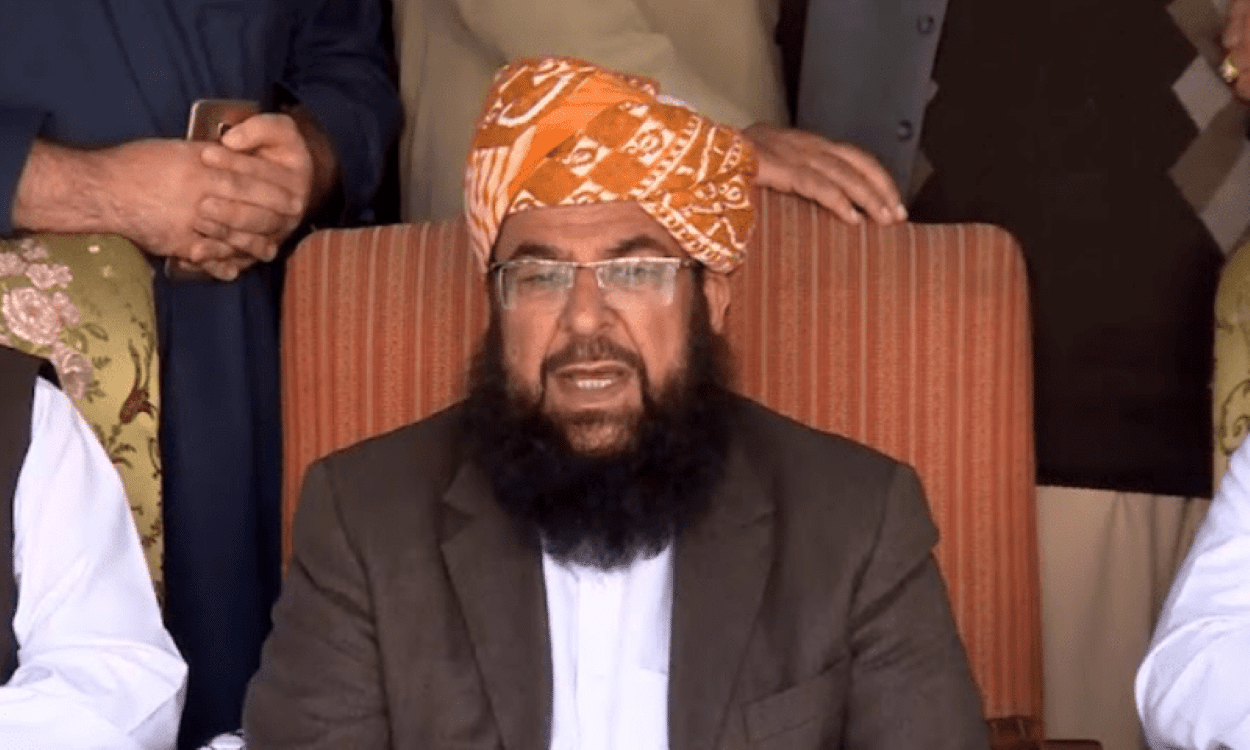Jamiat Ulema-e-Islam-Fazl (JUI-F) Secretary-General Abdul Ghafoor Haideri has threatened a march on Islamabad if the Societies Registration (Amendment) Act, 2024, concerning madrassa registration is not approved. Haideri voiced his concerns over government delays in approving the bill during a press briefing in Lahore on Friday.
While stressing that JUI-F seeks to avoid conflict, Haideri declared their readiness to act if the government overlooks their demands. He called for immediate government action to avert further unrest.
In related developments, JUI-F Emir Maulana Fazlur Rehman discussed the bill with Prime Minister Shehbaz Sharif over the phone, as reported by the party’s spokesperson. The Prime Minister promised to address concerns about the bill, emphasizing the importance of not turning this consensus bill into a contentious issue and upholding the autonomy of madrassas.
The National Assembly and Senate passed the Societies Registration (Amendment) Act in October, fulfilling part of an agreement supported by the religiopolitical party linked to the 26th Amendment.
This warning from Haideri follows a meeting between Pakistan Peoples Party (PPP) Chairman Bilawal Bhutto Zardari and Maulana Fazl, where concerns were raised about the president’s delay in signing the bill. Despite its approval by both parliamentary houses, President Asif Ali Zardari had yet to sign it. Bilawal reassured Maulana Fazl of his commitment to resolving the issue.
JUI-F leader Hafiz Hamdullah criticized the government’s hesitation and suggested Bilawal urge his father to expedite the process, stressing the importance of respecting parliamentary authority. He warned that Fazl might take action if the bill remains unsigned by December 7, with a plan to announce further steps on December 8 in Peshawar.
The Bill
The legislation amends the Societies Registration Act of 1860, mandating that existing madrassas register within six months and new ones within a year of establishment. It specifies that a seminary with multiple campuses needs only one registration and requires each madrassa to submit annual educational and financial reports. The law defines a Deeni Madrassa as a religious institution primarily focused on imparting religious education and providing boarding facilities.






